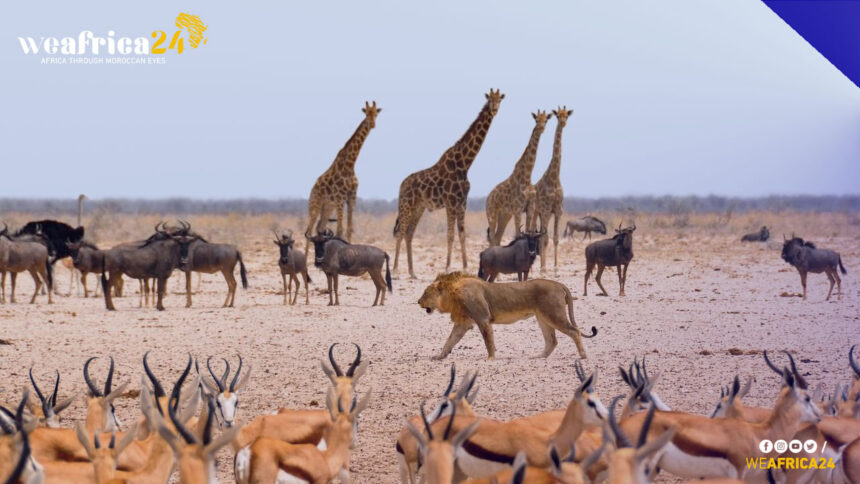Netherlands – Hack the Planet, a tech start-up, has developed an innovative artificial intelligence-powered system that can detect both poachers and animals in real-time, providing a significant boost to the efforts of national parks in Africa.
With vast areas to cover, it is physically impossible for the small number of rangers to be present everywhere all the time, making the AI system a promising solution.
The system consists of a camera trap that has been slightly modified to wirelessly communicate with a mini-computer. Once the images are downloaded from the camera, the computer uses AI to classify whether there’s an animal or human in the photo, including identifying elephant herds. The information is then sent directly to the phones of rangers within minutes via a satellite modem. This allows rangers to receive real-time updates and react quickly to any potential threats.
In 2021, Hack the Planet deployed the system in Gabon to address human-wildlife conflicts, specifically human-elephant conflicts. The deployment of eight cameras created an early warning system that alerts rangers and local communities of approaching elephants, which can cause damage to plantations and disrupt the livelihoods of locals.
The smart camera system is hoped to provide anti-poaching units with an early warning system, contributing to wildlife conservation efforts in Africa’s national parks. Hack the Planet is also testing a cell phone sensor that detects nearby SIM cards, a possible sign of poachers in remote areas.
The boxes have undergone testing in the Netherlands, Gabon, and Slovenia, and are now being deployed in real-life anti-poaching efforts. The innovative AI system could be a game-changer for wildlife conservation in Africa, providing greater protection for endangered animals and promoting peaceful coexistence between humans and wildlife.







